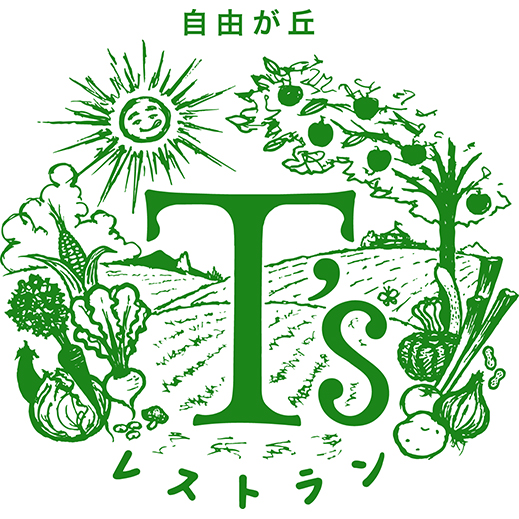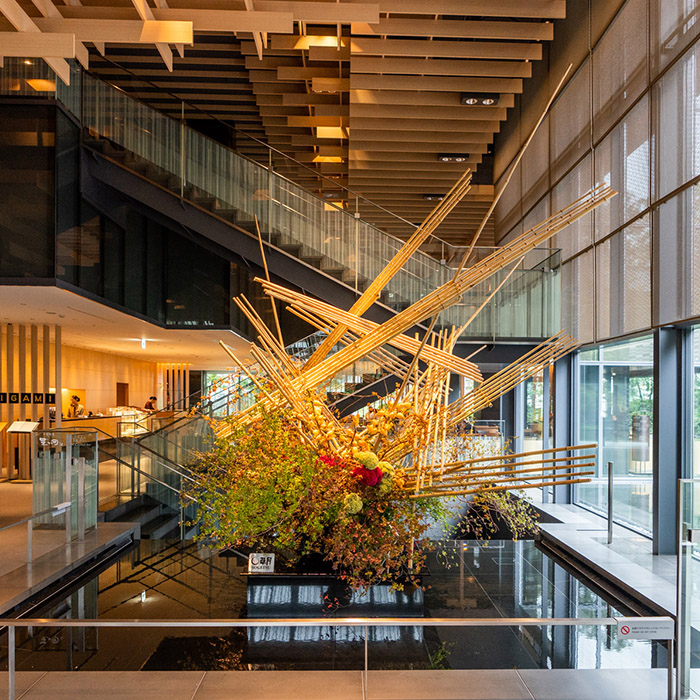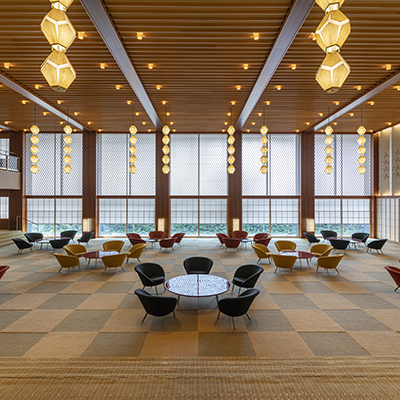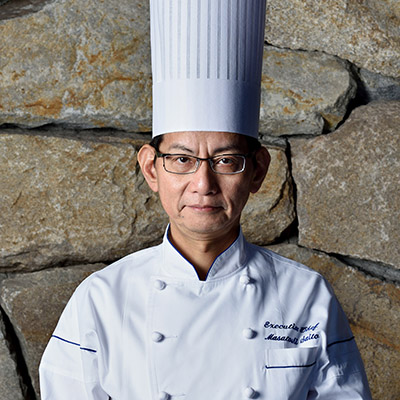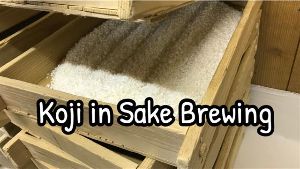October 6, 2025
Koh-do: Japanese Incense Ceremony — Purifying the Mind Through Fragrance
Interview with Master of Incense Eriyo Watanabe
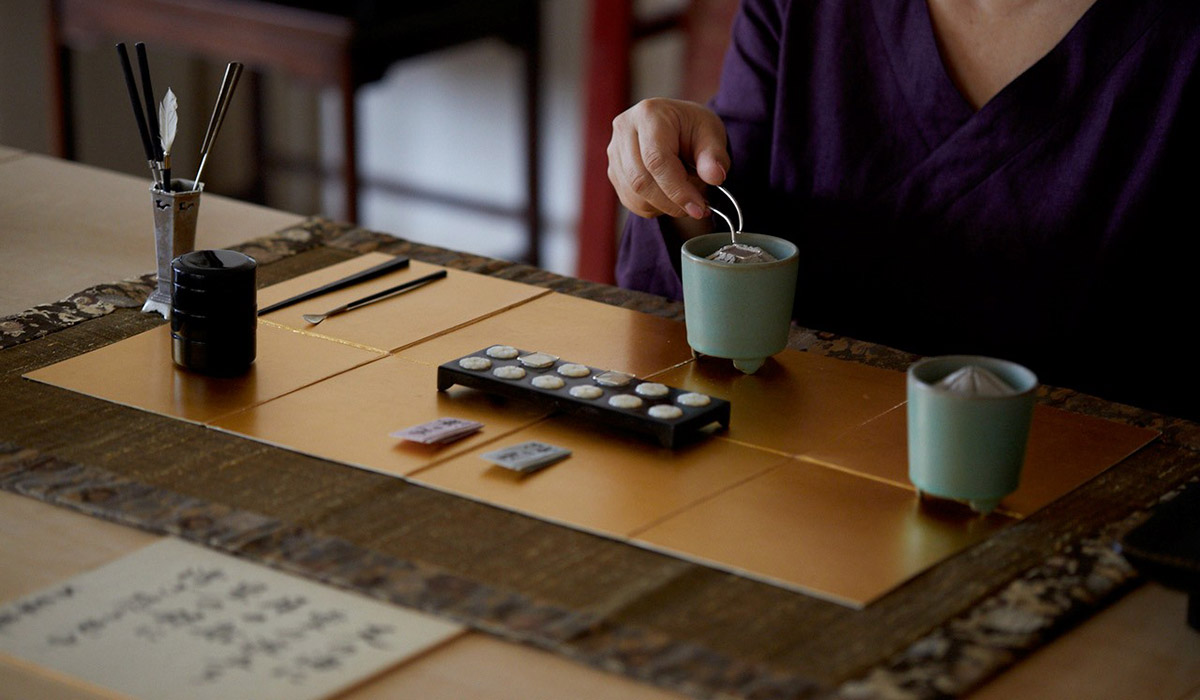
Preparing for Mon-koh, the art of listening to incense
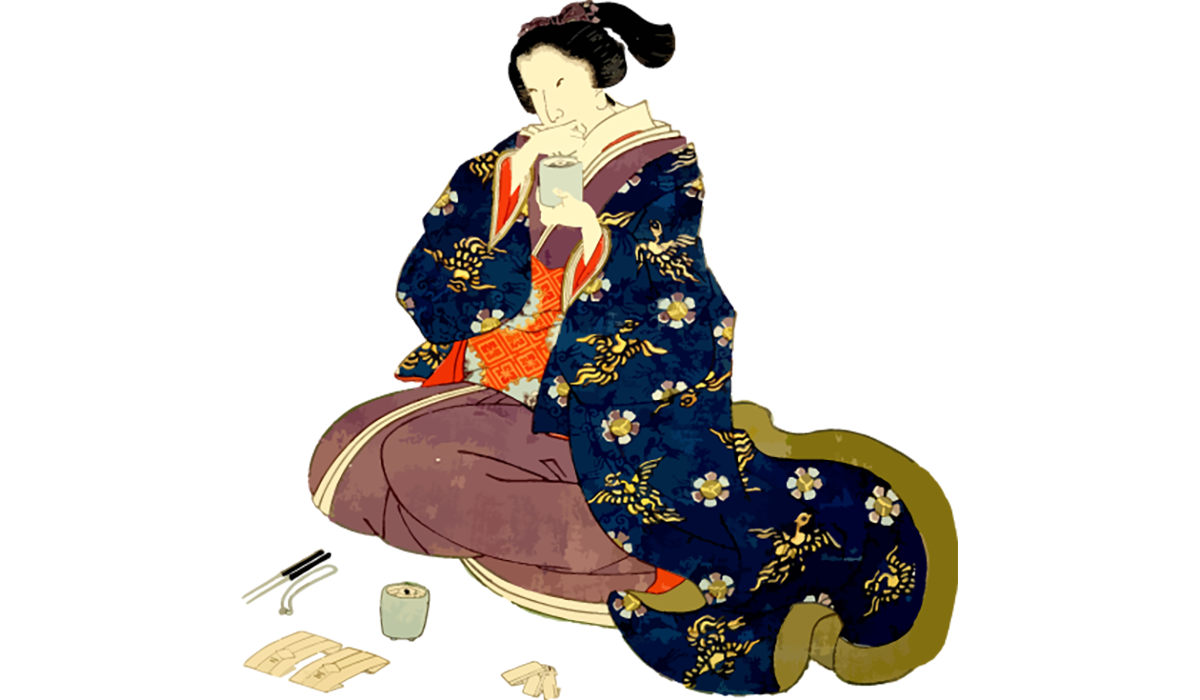
A woman enjoying incense in an Edo-period ukiyo-e by Utagawa Kunisada
What is Koh-do?
When people think of Japan’s traditional culture, the Tea Ceremony and Flower Arrangement often come to mind. However, there is another art form with a long history that is less well known—Koh-do: Japanese Incense Ceremony.Originating in the Muromachi period, Koh-do is an art of fragrance that uses rare aromatic woods such as kyara and jinkoh. Its essence reaches far beyond simple sensory delight. At its heart, it is a sacred encounter with incense — a meditative act of emptying your mind, focusing wholly on the delicate, unseen flow of scent from precious woods to calm the heart, nourish the spirit, awaken the senses, and spark intuition for a purposeful life.
Tracing its history, aromatic woods were first introduced to Japan in the 6th century alongside Buddhism. Some of these treasures, such as the renowned Ranjatai preserved in the Shosoin Repository, have endured to the present day. Among incense utensils are also items of great cultural significance, including the National Treasure Hatsune Furnishings, which were inherited within the Tokugawa Shogunate.
Eriyo Watanabe — Bringing Koh-do to a Global Stage
To explore the universal significance of Koh-do, we spoke with Eriyo Watanabe, an internationally active Master of Incense. She has devoted herself to sharing the essence of Koh-do with both modern audiences and global community, while preserving its spiritual depth. Central to her practice is Mon-koh: Listening to Incense in a state of focused, receptive emptiness.“The finest kyara carries a living essence that endures for centuries, even millennia. Rather than fading, its fragrance deepens and matures with time, becoming ever more profound — resonating with the soul’s own timeless nature. In Kumi-koh — the traditional competitive style — each scent is presented only once. Rooted in this heritage, the format can be challenging for those new to Koh-do and often too brief to fully appreciate its subtle depth. I offer a more flexible approach to Mon-koh, adjusting the number of encounters to suit each guest so the experience remains both welcoming and profound. I often host these sessions with chair seating rather than the seiza (kneeling) position on the floor, making the practice comfortable and accessible to international participants.”
She continues:
“At general Japanese Incense Ceremonies, it is no longer easy to use top-grade kyara as it once was. Because I am committed to sharing this fragrance, I am delighted to offer the ultimate sensory experience. I also create Neri-koh—incense balls once cherished by the Heian nobles—so participants can experience the exquisite fragrance of not only aromatic woods but also Neri-koh. In fact, my original creation of Neri-koh has evolved into Juku-koh™ (Fermented Incense) — the culmination of my incense artistry, bridging ancient tradition and modern sensibility.”
Kyara has long been more valuable than gold, yet in recent years it has become even harder to obtain, driving its price to extraordinary heights. Far from a casual pastime, she offers Mon-koh as a way to encounter the “eternal life” held within this rare aromatic wood — an experience that resonates with today’s global search for well-being.
In 2024, she launched the Lotus Peace Project, guided by the belief “From Inner Peace to World Harmony.” Through overseas lectures and Japanese Incense Ceremonies, she fosters cultural exchange across borders.
“If fragrance brings peace to one person’s heart, that peace will may extend—first to a neighbor, then to society — gradually, becoming a force that contributes to a more peaceful world.”
For Watanabe, Koh-do is not only “a culture that links heaven and earth, East and West, past and present,” but also a means of conveying the Japanese spirit of ikigai—a profound sense of life’s worth.
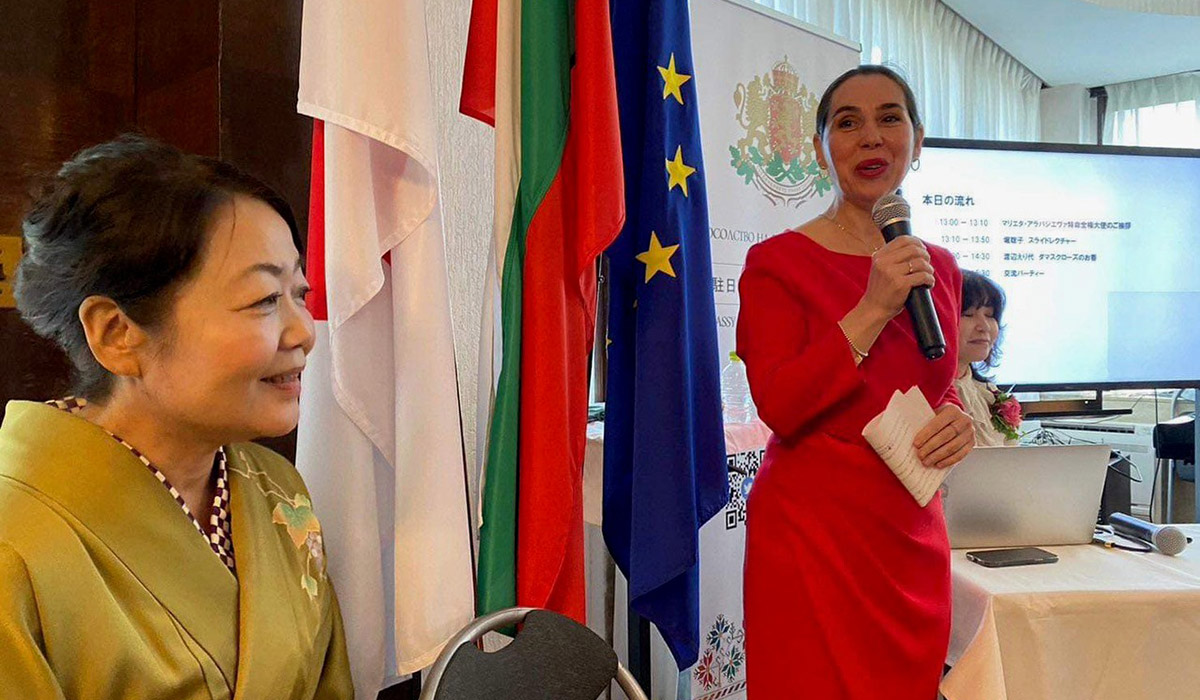
Presentation of Juku-koh®: Fermented Incense by Eriyo Watanabe at the Embassy of Bulgaria
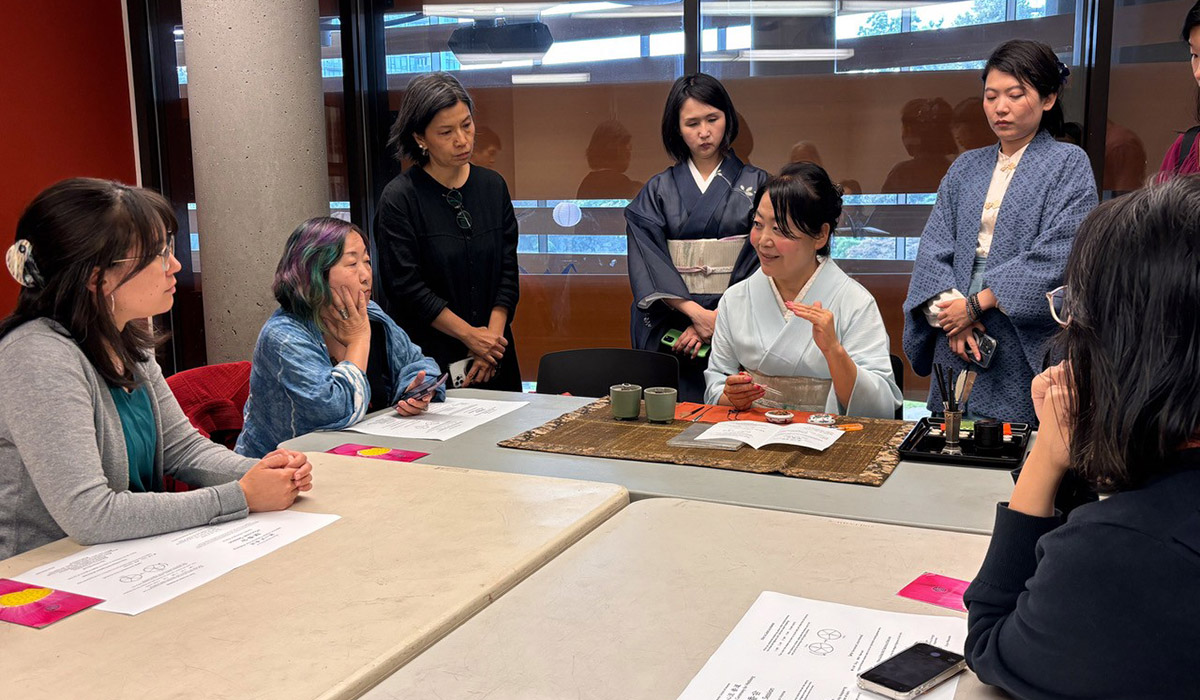
Japanese Incense Ceremony at Nikkei National Museum & Cultural Centre in Canada
Etiquette for Koh-do
For those experiencing Koh-do for the first time, Watanabe offers this advice:“Avoid strong scents such as perfume, and try to empty your mind as much as possible, quietly sharpening your senses. In this way, the incense can be experienced at its purest.”
Koh-do is not about simply smelling; it is about listening—meeting fragrance with a quiet heart. In that stillness, a delicate scent can resonate deeply, offering a serenity rarely found in daily life.
Koh-do in the Modern Age
We live in an age of digitalization, where many things can be experienced online. But fragrance cannot be transmitted through a screen. This makes the direct, in-person experience of Koh-do all the more precious today.For international participants, Watanabe offers private Mon-koh sessions and corporate training workshops in English. Drawing on her ten years living abroad and travels to 51 countries, she tailors explanations to participants’ cultural and historical backgrounds, making the experience accessible. Such efforts are vital steps in bringing Koh-do beyond Japan to a truly global stage.
Participants often share reflections such as “I felt calm” or “It inspired a renewed sense of purpose.” In corporate settings, she notes, Koh-do has been praised for fostering unity across nationalities and cultures, proving effective for team building.
Thus, Koh-do is not just a pastime but also a living cultural practice that eases the stresses of modern life and speaks to the universal search for inner balance.
The Spirit of Koh-do
Koh-do, unlike Japan’s visually striking arts, is a subtle, unseen tradition — one that moves the soul through fragrance. In Watanabe’s words, it is both the “ultimate fragrance experience” and “a quiet force that carries peace from one heart to another.”Quieting the heart in the presence of a sacred fragrance allows one to step outside ordinary time and enter a moment of profound cultural depth. However brief, that encounter becomes a rare window into the essence of Japan.
Eriyo Watanabe
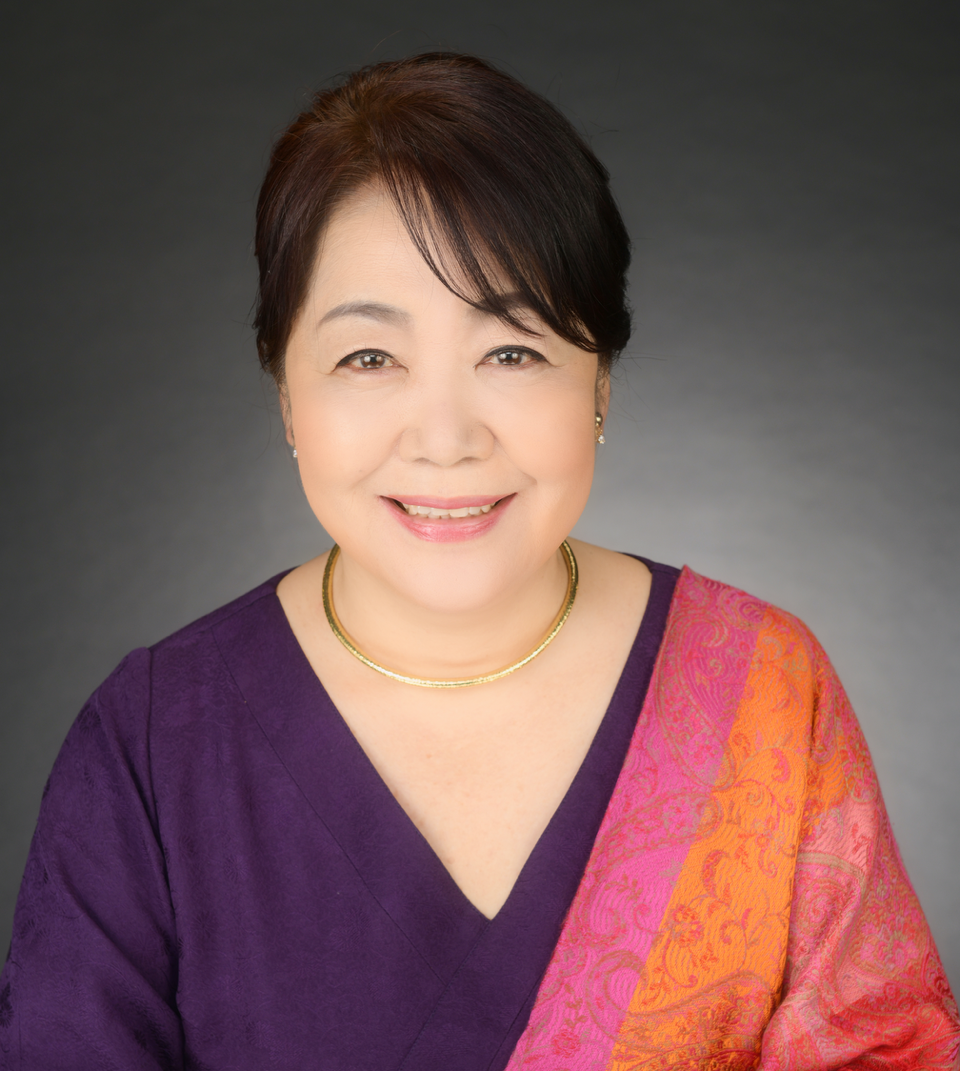
Founder and Grand Master of the Renshin School of Incense
Director of the Incense Research Institute
Specially Appointed Professor at Nihon Pharmaceutical University
For over 20 years, Eriyo Watanabe has dedicated herself to the study, practice, and teaching of Koh-do, while also conducting research on the global incense traditions. She founded the Renshin School of Incense and created Juku-koh™: Fermented Incense, the world’s first original fermented incense, with her signature lotus incense regarded as the most sacred.
She has offered Japanese Incense Ceremony, international workshops through the Lotus Peace Project worldwide, the Certified Incense Specialist Program, and corporate training programs for executives focused on wellbeing and leadership. Guided by the philosophy “From Inner Peace to World Peace,” she advances the art of incense globally through cultural exchange and executive development initiatives.



